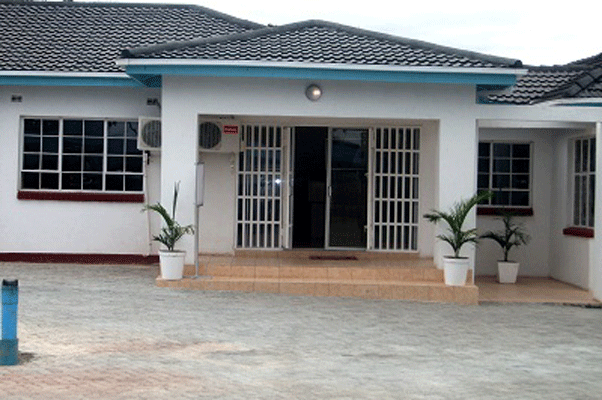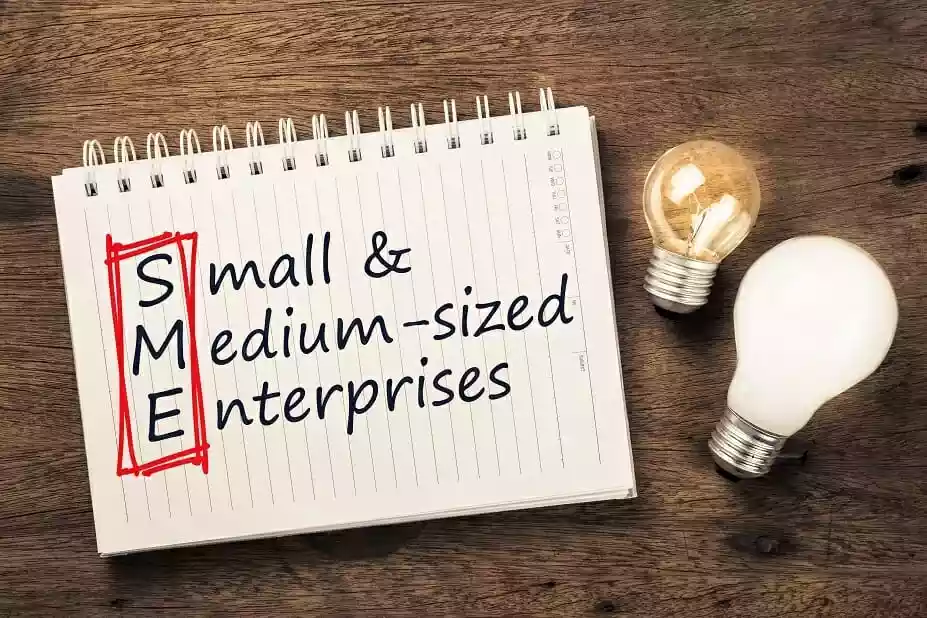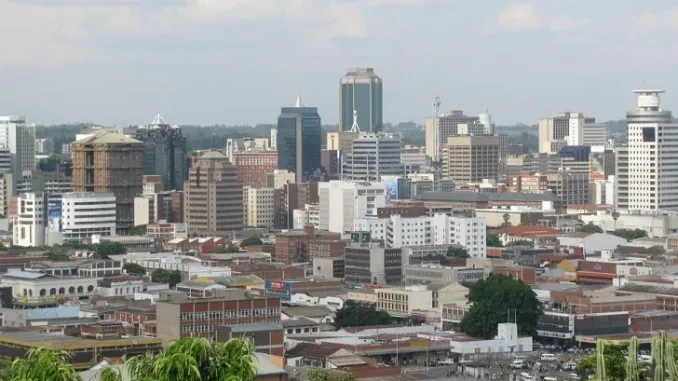
The Insurance and Pensions Commission (Ipec) says insurance firms involved in undercutting premiums expose themselves to collapse, as it diminishes ability to cover risks and pay claims.
BY FIDELITY MHLANGA
Ipec head of prudential supervision, Pupurai Togarepi, said undercutting premiums was unethical and has adverse effects of the perpetrators.
“Undercutting premiums is unethical and it exposes the insurance company to failure because you won’t have enough premiums paid in order to cover the risks. Sooner or later, it will catch up with you and you will fail to pay claims,” he said on the side-lines of the insurance fraud meeting yesterday.
Togarepi said the practice draws exposure to shareholders, as what they put in as capital ends up being eaten up if there is no matching between the premium paid and risk exposure.
Companies enmesh themselves in undercutting premiums in their pursuit to woo clients to their fold, a scenario perilous to the image of the insurance sector.
“On a serious note, we are engaging the industry to understand that receiving a premium is not the end of it,” Togarepi said.
“So what we are doing as Ipec is to ensure that the insurance industry adheres to the regulations on premium and we expect as well that as insurance industry we apply the insurance principles and also monthly, quarterly we investigate such commission of crime and violation of the regulations.”
- Chamisa under fire over US$120K donation
- Mavhunga puts DeMbare into Chibuku quarterfinals
- Pension funds bet on Cabora Bassa oilfields
- Councils defy govt fire tender directive
Keep Reading
Some insurance firms deploy strategies to stay afloat in business, with some putting street touts to sell insurance products.
“It is such that once you receive a premium, you are exposed to what has been paid. If somebody pays $10, the insurance cover for that will be $1 000 so you need to get the premium, which is commensurate with that. We are following up, especially those selling insurance on the streets and those insurance companies that are not fully capitalised,” he said.
Togarepi said the selling of insurance products by street vendors was the cause of insurance fraud in the country.
“They could be doing it (putting street insurance vendors), but ethically, it is wrong and that’s the source of some of the fraud issues that we talking about, because follow that person, once they give a policy, they disappear,” he said.
“Why don’t you go to registered insurance brokers or agents, who have licences from Ipec to sell insurance.
“What is being lost is not the premium only, it is also when that happening you go to the insurer and expect to be compensated and the insurer says he doesn’t know the person who gave the fictitious policy.”
According to an Ipec report, non-life insurers reported total gross premium written (GPW) amounting to $215,97 million for the year ended December 31 2016 compared to the audited GPW of $213,4m reported during the previous year.
Insurance brokers generated $90m of gross premium for the year ended December 31 2016, a 2,97% decline from the $92,7m written for the year ended December 31 2015.











